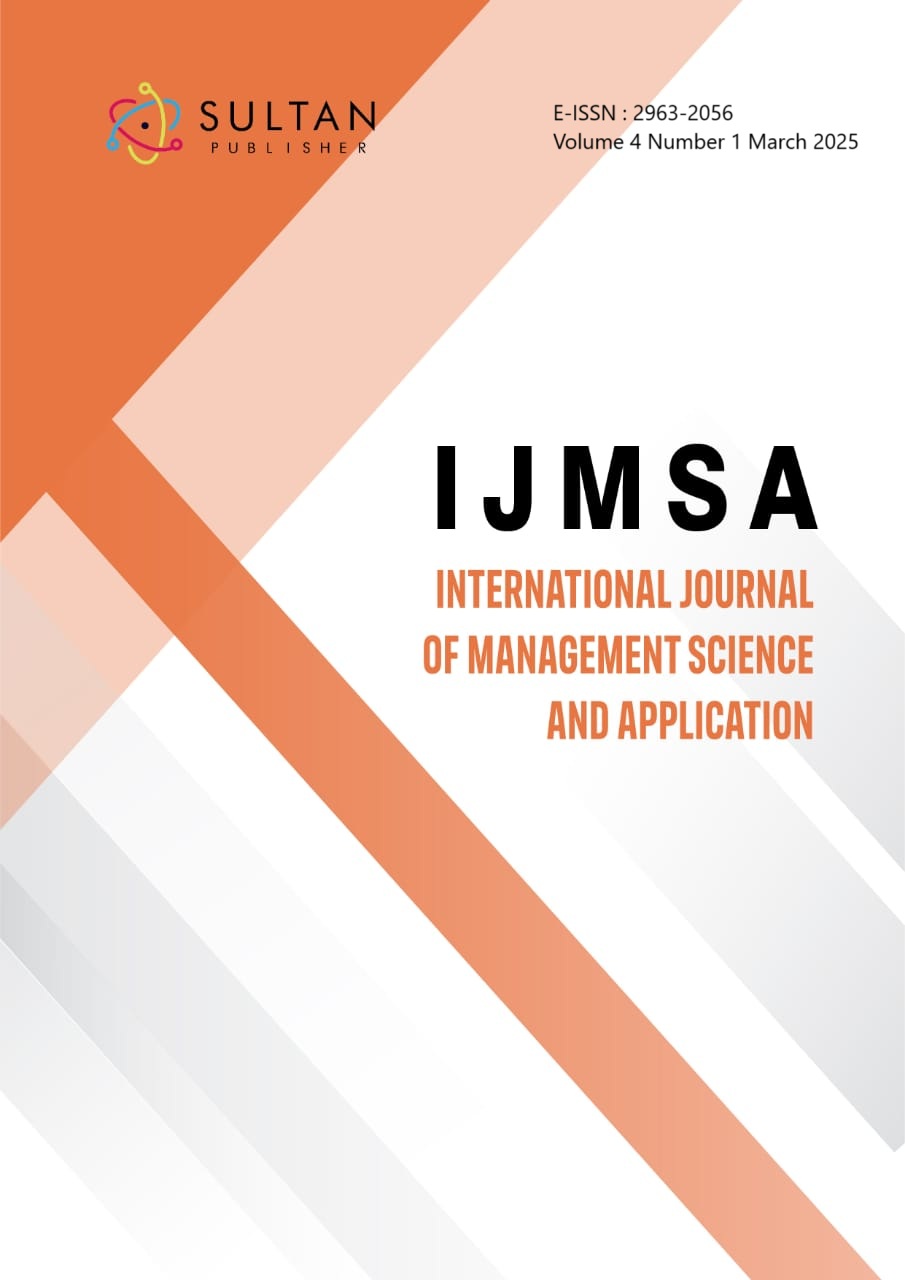Cyber Resilience to Digital Threats for Education Institutions 4.0
Keywords:
Cyber resilience, Education 4.0, digital threats, zero trustAbstract
The emergence of Education 4.0, characterized by personalized learning, smart technologies, and digital interconnectivity, has revolutionized academic environments. However, this digital transformation has simultaneously increased the exposure of educational institutions to sophisticated cyber threats. This research addresses the pressing need for a robust cyber resilience framework tailored to the education sector. Employing a qualitative descriptive methodology, supported by secondary data analysis and case study reviews, the study identifies core vulnerabilities in digital infrastructure, policy shortcomings, and a general lack of cybersecurity awareness among stakeholders. In response, the paper proposes a contextualized cyber resilience framework grounded in layered security principles, zero-trust architecture, and institution-wide digital hygiene initiatives. Key findings indicate that effective cyber resilience in Education 4.0 must be multidimensional, incorporating stringent policy enforcement, continuous digital skills training, and adaptive technological strategies. The primary contribution of this study lies in offering a practical, scalable framework that aligns cybersecurity practices with the evolving demands of digital education. Future research is encouraged to explore real-time implementation metrics, cross-institutional collaborations, and the integration of AI-driven threat detection systems to further strengthen educational cyber resilience.
Downloads

Published
How to Cite
Issue
Section
Copyright (c) 2025 Budi Wibowo, Andrie Yuswanto, Taufik Hidayat, Nadim Ibrahim

This work is licensed under a Creative Commons Attribution-ShareAlike 4.0 International License.



